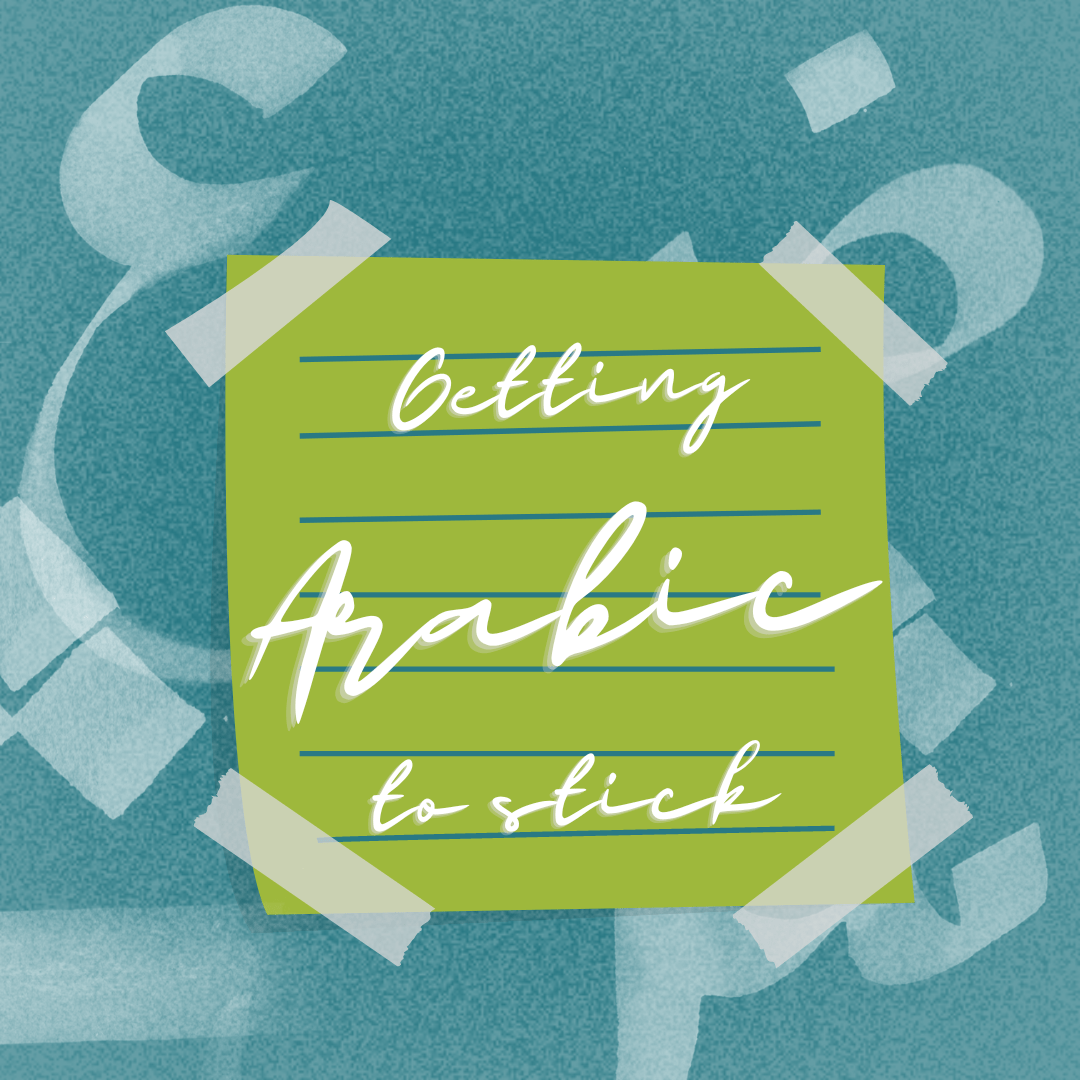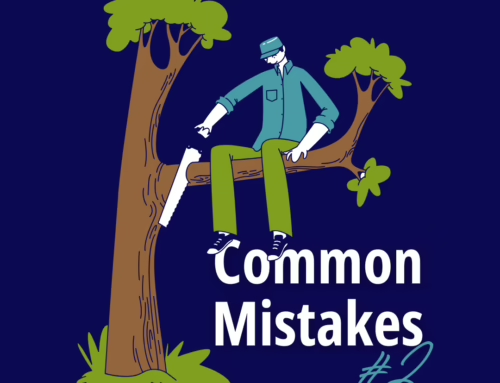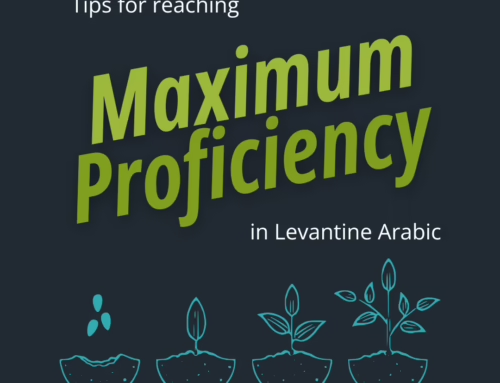Getting Arabic to Stick
It's terribly frustrating when we know we've learned an Arabic word previously and we're unable to remember it when we need it.
Has that ever happened to you?
It can be helpful to remember that it actually happens in our first language all the time; we struggle to recall a word so we describe around it until someone offers up the word we were grasping for.
Don't worry if you can't remember the Arabic word for grasshopper or omnivore. You can probably simply apply the above strategy you use in your native language of negotiating for meaning and get your point across.
It is important to remember that getting words to stick takes time. Don't be discouraged. You need to encounter and re-encounter Arabic words many times before they are readily available for you to easily recall. This is often a frustrating realization for those just beginning to learn Levantine Arabic.
First, if you're having trouble conjuring up certain Arabic words, ask yourself, "How often am I re-listening to audio that I fully understand in order to reinforce vocabulary I have already been exposed to?"
This is an important step in making certain words stick.
Second, recognize that not all words are equal in value. Some are necessary to everyday functioning, while others are important in specific contexts. Some words are helpful to recognize, but not that important for a non-native Arabic speaker to be able to reproduce. It isn't essential that you adopt all the words of an Arabic dialect into your own speech.
When do you know you need to give some Arabic words more attention?
When you go to say them again and they are stuck on your tongue. It's in that moment, when you are attempting to use a word or sentence but cannot, when you should strategize to work a bit harder on being able to say it with ease. Think of several examples that put that word in a sentence you are likely to use. Practice saying that sentence to as many people as possible today.
Let's say I'm having trouble recalling the verb to retire. One approach would be to go around telling everyone I know today, "I'd like to retire at 60. What age would you like to retire?" This statement contains personal information and creates a meaningful encounter, be it with the guy who sells vegetables or with my neighbor across the hall. While that word may not naturally come up for a young Arabic learner, practicing speaking that phrase can help make it stick.
Another option to artificially force multiple encounters with challenging Arabic words is to create picture flashcards that remind you of the word. Bring them out everyday to create new sentences until you can recall that noun, verb or grammar pattern easily. Practice these sentences at home. It's important that these words we are struggling to remember are contained in whole thoughts. Please don't sit and memorize single, disconnected words. Put them into a meaningful sentence as context helps us remember more concretely. The more you practice practical sentences you could and should use in public situations out loud, the more likely that un-sticky word is to stick with you and be accessible the next time you go to say it.





